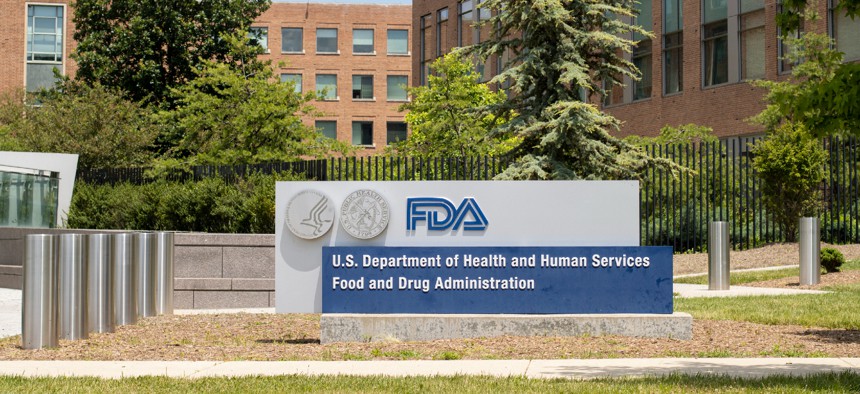
hapabapa/Getty Images
FDA 'Failed' the Public and a Whistleblower By Ignoring Science
The agency has tweaked its tobacco product review process and also pledges to better resolve scientific disputes after whistleblower alleges reprisal.
The Food and Drug Administration ignored the best available science in making determinations about the safety of certain tobacco products, according to a whistleblower who has since seen his complaints largely substantiated by the agency.
In 2019, FDA’s Center for Tobacco Products issued a new memorandum that changed the process for signing off on new goods under its purview. The whistleblower, a toxicologist at CTP who brought his allegations to the independent Office of Special Counsel, said the new process shifted from a fully quantitative review to a more qualitative one. Different employees could reach different conclusions and it created an approach “more akin to eyeballing it,” the whistleblower said. He added that he and his colleagues who brought these concerns up the chain were subject to reprisal and alleged the process for making scientific complaints was broken.
OSC brought the allegations to FDA, which created a review panel made up of scientific experts. They eventually substantiated most of the claims.
The new memo “lacks sufficient detail and guidance to be enacted as a scientific methodology in its current form,” the panel found. Specifically, the scientists said, the process failed to provide a methodology for assessing cancer risks using a quantitative analysis, comparing risks of different organs or determining the non-cancer chemical hazards.
In issuing the memo, CTP leadership said the review of tobacco products was an “evolving discipline that requires innovation.” After the panel issued its findings, the center’s director agreed it was not an ideal scientific process, but said such an approach was “unnecessarily burdensome” to both the FDA and applicants. The director added the “best available science” when reviewing a product does not always equate to the “best regulatory science.”
Still, CTP agreed to implement some changes to the memo, noting the review process needed to be more transparent and straightforward. CTP said that while the qualitative approach could lead to differing results, it, once revised, would clearly err on the side of not approving products and therefore adequately ensure user safety.
Henry Kerner, who leads OSC, praised FDA for taking the allegations seriously enough to convene an expert panel for making improvements to the review process. Still, he chided the agency for allowing the situation to get to that place.
“The public depends on the FDA to vigorously implement and enforce our nation’s health and safety laws, especially when new tobacco products are being brought to market,” Kerner said. “I am deeply troubled that FDA’s own scientific dispute process failed our whistleblower and fellow concerned scientists, and as a result failed the public. I commend the whistleblower for persevering in the face of these unnecessary obstacles.”
FDA separately reviewed the allegations regarding retaliation and found CTP management did withhold review work from those who sounded the alarm on the new process. They did not do so for the express purpose of silencing the toxicologists, however, the agency said. The agency found widespread uncertainty in the proper process for raising scientific disputes and vowed to “eliminate ambiguity.” It created a point of contact available to staff at all levels to help them sort through scientific disagreements, including the best paths to pursue.
FDA said the remedial actions will address the uncertainty that “significantly impeded dispute resolution in this case and will provide an improved resource to aid staff in navigating their options for elevating and resolving scientific disagreements.”
Shortly after coming into office, President Biden established the Scientific Integrity Task Force as part of his efforts to better protect career federal scientists and reverse what he said were pernicious trends under his predecessor. In January, the task force released guidelines for agencies to either develop or update their scientific integrity policies.







